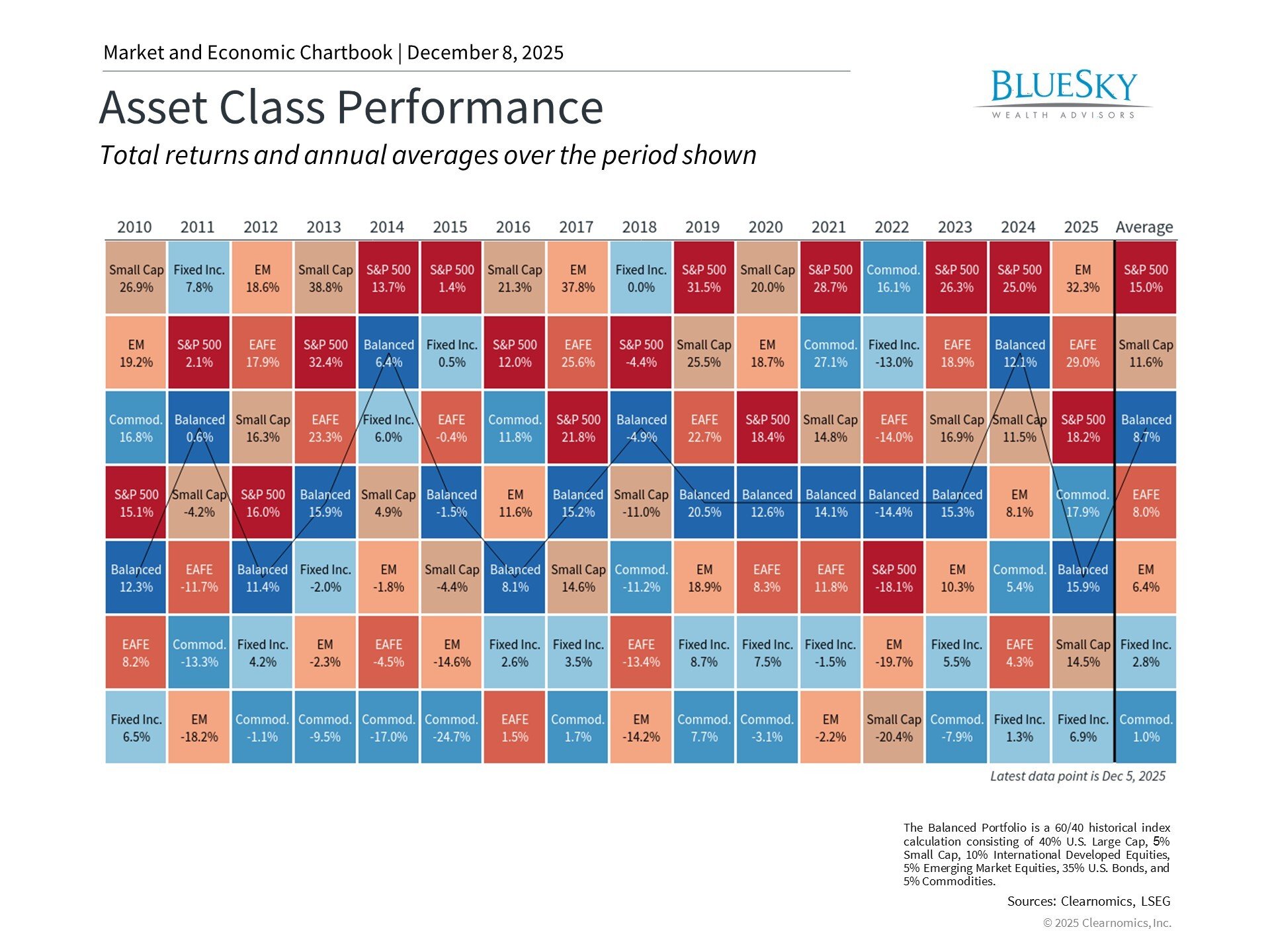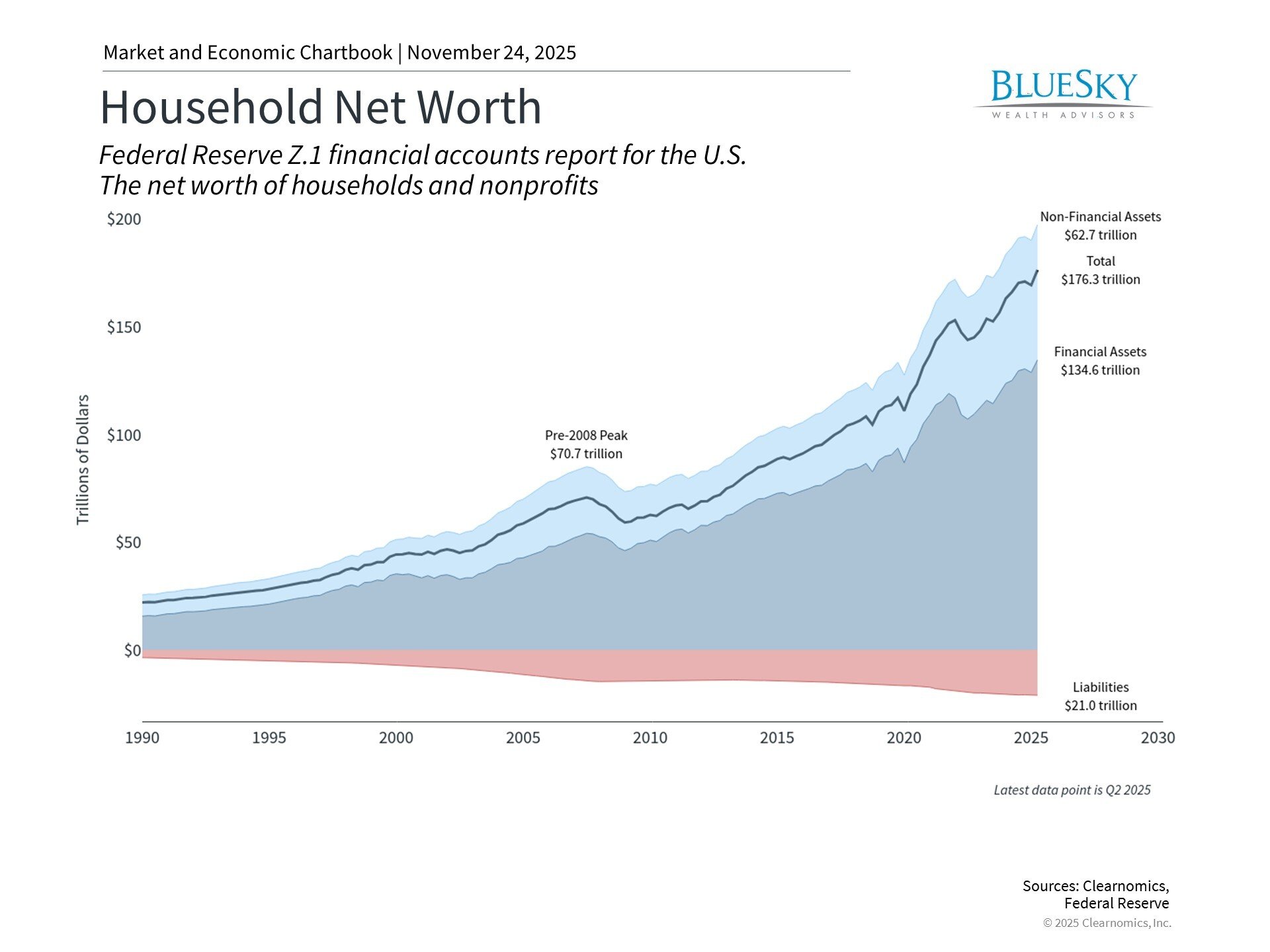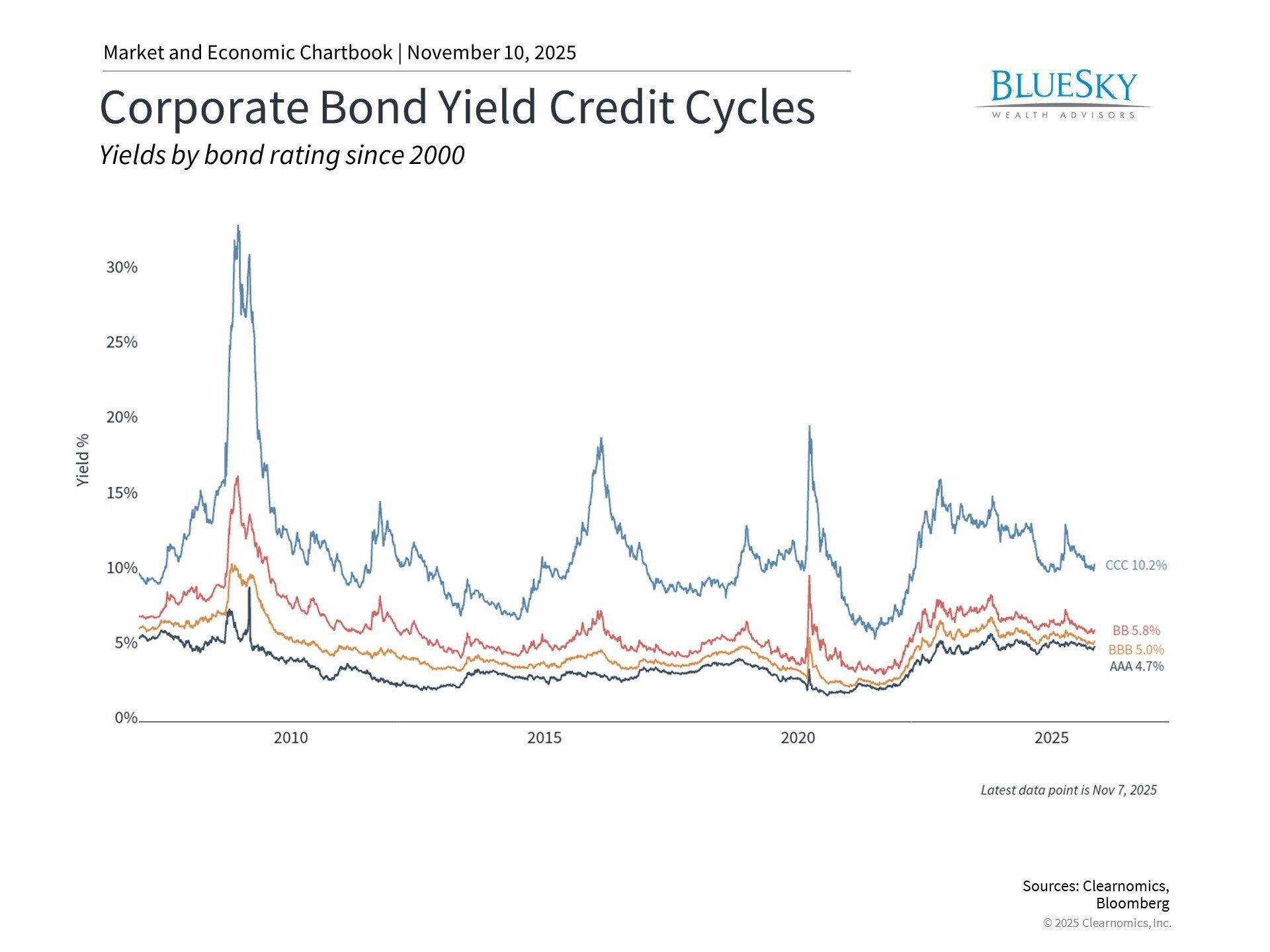
6 Questions Asked of Wealth Advisors & Financial Planners
6 Questions Asked of Wealth Advisors & Financial Planners

Are you looking to make the most of your money? Whether you are a first-time investor, or a seasoned financial expert, seeking professional advice from a wealth advisor or financial planner can be invaluable. After all, their expertise and experience will help you achieve your long-term goals.
But how do you know which questions to ask them? Here are six questions to help you get the most from your interactions with a wealth advisor or financial planner.
Who Are Wealth Advisors and Financial Planners?
Wealth advisors and financial planners advise on investments, financial planning, estate planning, tax planning, retirement planning, and more. These financial professionals help individuals decide about their money to meet their short-term and long-term goals. Wealth advisors and financial planners can also manage your portfolio or recommend investments to help you reach your financial goals most efficiently.
- What Services Do You Offer?

Registered investment advisors offer many services to help clients make the most of their money. These advisors can provide valuable advice and guidance on various topics such as asset allocation, retirement planning, risk management, estate planning, tax strategies, and more. In addition to these core services, many financial planners offer additional services tailored to their client’s individual needs.
These services include investment management, estate planning, business succession planning, insurance and annuities, and philanthropic planning. When selecting a financial advisor, it is important to know the details of their services. Knowing the available services will help determine if their advice suits your goal and how your financial advisors get paid.
- What Type of Clients Do You Specialize In?
Financial planners specialize in a wide variety of clients. Some advisors focus on assisting high-net-worth individuals, while others prefer to serve those with smaller portfolios. Others work primarily with businesses or corporations. Depending on their expertise and experience, some financial planners may offer services explicitly tailored to the needs of certain clients.
For instance, a fee-only advisor specializing in high-net-worth individuals may have more expertise in investments, estate planning, tax strategies, and other topics relevant to this type of client. Likewise, an advisor who works with small businesses may better understand business succession plans or philanthropic planning.
- What Experience Do You Have?
A financial planner’s level of experience and expertise is an important factor to consider when selecting an advisor. Financial planners should have a minimum level of education and experience, typically outlined by their regulatory body or professional organization.
Reviewing a financial planner’s credentials and work history is also helpful. Some fee-only financial advisors, such as Certified Financial Planners (CFP) or Chartered Financial Analysts (CFA), hold specific designations. These certifications signify that the advisor has met certain standards in terms of their financial knowledge and ethical practices.
Knowing how long an advisor has been practicing financial planning is also beneficial. A newer planner may have a deeper understanding of current trends and innovative strategies, but more experienced planners may have relationships with other professionals who can offer additional resources.
- How Do Financial Planners Get Paid?
Understanding how financial planner charges for their services is critical. Fees vary significantly from one advisor to another and are usually calculated differently. For example, some advisors may charge an hourly, flat, or asset-based fee.
Understanding the details of any mutual fund associated with the services provided is also essential. Some advisors may charge additional fees for estate planning or tax preparation services.
- How Do You Communicate With Clients?
How an advisor communicates with clients is also an important consideration when selecting a financial planner. It’s essential to understand how often and in what ways the advisor will be available to discuss concerns or updates.
Some financial advisors prefer to meet in person, while others conduct much of their business electronically. Understanding the advisor’s preference and ensuring it works with your communication style is important.
- What Is Your Investment Philosophy?
Financial advisors may have different investment philosophies depending on their experience and background knowledge. It is important to understand an advisor’s investing approach and ensure it aligns with your goals and values.
Some advisors may be more conservative, while others are more aggressive. Knowing the details of an advisor’s investment philosophy can help ensure that the strategies suit your needs well.
Factors to Consider When Choosing a Financial Planner

There are several important factors to consider when selecting a financial planner. Here are ten factors that can help guide your decision-making process:
Certifications and Qualifications
Certifications and qualifications are among the most important aspects when selecting a fee-only financial advisor. Every country has its unique requirements when it comes to qualifying for official certificates. These professionals must have at least three years of experience working with clients and passing an examination demonstrating their finance and investing knowledge. Some advisors may also have additional degrees or professional designations, such as Certified Financial Planners (CFP) or Chartered Financial Analysts (CFA).
These qualifications can ensure that your financial planner has the necessary knowledge and skills to help you reach your goals. It’s also important to check if a financial advisor is registered with regulatory agencies in their country. For example, financial advisors must register with the US Securities and Exchange Commission (SEC).
Reputation and Track Record
Reputation and track record are two important aspects to consider when selecting a commission-based financial advisor. It pays to research a financial planner’s history of working with clients, their successes and failures, and any past complaints lodged against them. You can find this information by looking at online reviews from other customers or talking to people who have worked directly with the advisor. Additionally, you can check their disciplinary history by visiting the SEC website or other official regulatory bodies in your country.
Understanding a financial advisor’s portfolio management approach and strategies is important. Have they achieved successful results for clients in the past? Do they specialize in certain types of investments? Are they experienced with planning for retirement or other financial goals? You should also ask about their overall philosophy and strategy, such as whether they follow a passive or active approach to investing. Asking these questions can help you determine if the advisor is right for you regarding investment style and risk tolerance.
Fees Structure
Knowing how much a financial planner charges for their services is essential. Most advisors charge a fee-only structure, meaning the client pays an hourly or flat fee for their advice. Some advisors work on a fee-based commission, in which case they may receive compensation from product sales. In either case, asking about all associated charges upfront is important.
Knowing how a financial planner is compensated will help you understand their motivations and determine if they provide advice that serves your best interests. It might be worth negotiating a flat fee or discussing the possibility of a discounted rate, especially if you anticipate needing ongoing services for multiple years. Before signing any contract, understand the fee structure agreement and how the financial planner will be compensated.
Services Offered
What services does the right financial advisor offer? Make sure you know all of their capabilities and that they can guide any matter related to wealth management or finances. Will they help you with budgeting and debt management, or are they focused solely on investments? Do they offer comprehensive financial planning services such as retirement and college savings strategies, estate planning advice, tax filing assistance, or help with insurance decisions?
It’s also important to inquire about the advisor’s credentials. Ask whether they have any specialized training or certifications that make them uniquely qualified for their role. Knowing the answers to these questions will help you gauge their experience level and determine if they suit your needs.
Professional Affiliation
It’s also important to ask about the financial planner’s professional affiliations. Are they registered with the SEC (Securities and Exchange Commission)? Do they belong to a professional organization such as the CFP Board (Certified Financial Planner Board) or NAPFA (National Association of Personal Financial Advisors)? These organizations require members to adhere to certain fee only model standards and maintain high levels of education and training. Knowing your advisor’s professional affiliations will provide you with an added assurance that they are highly qualified to help you manage your wealth.
In addition, it may be worthwhile to check if the financial planner is registered with FINRA (Financial Industry Regulatory Authority). This agency ensures that advisors abide by industry regulations and standards of practice. If they are registered with FINRA, then it’s a good sign that they have the expertise and experience to provide you with sound financial advice.
Investment Philosophy
I also a good idea to ask about the advisor’s investment philosophy. Do they prefer passive or active management strategies? Are they more conservative with their investments, or do they take calculated risks when necessary? Understanding their approach will give you a clearer picture of how your money is managed and whether it aligns with your goals.
It may also be helpful to inquire about their asset management strategies. Do they use specific tools or techniques to track portfolios and make investment decisions? Knowing their approach can help you better understand how your money is handled and whether it aligns with your objectives.
Benefits of Using Wealth Advisors or Financial Planners

Financial planners can offer a range of benefits you may not be able to access on your own. Some of these include:
Customized strategies tailored toward your individual needs and objectives
Using a registered investment advisor or financial planner can help you achieve your long-term financial goals. With customized strategies tailored to meet your individual needs and objectives, they can help guide you toward sound decision-making to maximize your wealth potential. They know all aspects of finance, from investments, taxes, estate planning, and retirement planning. This expertise can be invaluable for those seeking to maximize their financial security.
Financial planners are also in a great position to provide an unbiased third-party opinion on your portfolio or action plan. They have access to the latest market trends, investment insights, and other resources that may not be available to the average investor. With help from a financial planner, you can create a diversified portfolio tailored to meet your goals. This can help you maximize return on investments while minimizing risk, ensuring that your hard-earned money works for you in the best way possible.
Comprehensive Financial Plan That Takes Into Account All Your Needs and Goals
A financial planner can help you create a comprehensive, long-term financial plan considering your needs and goals. This can include everything from budgeting, retirement planning, estate planning, investing, taxes, and more. They will be able to review your current situation and develop a tailored strategy to help you reach your short-term and long-term objectives.
In addition, they can provide guidance when making smart financial decisions. They understand the complexities of the markets and can offer valuable advice on navigating them safely. A wealth advisor or financial planner is in a great position to help you make informed choices that will help maximize your financial security.
Access to the Latest Market Trends and Insights
A wealth advisor or financial planner has access to expert resources that can provide you with the latest information on market trends and investment insights. They can give you a better understanding of where the markets are heading, allowing you to make smarter decisions about your investments. In addition, they can also provide advice on tax planning, estate planning, and other important topics.
Investment Guidance Tailored to Your Needs
As mentioned, a financial planner can help you create an investment strategy tailored to your needs. This includes helping you identify the types of investments right for you, creating a diversified portfolio, and monitoring your investments continuously. They can also advise on managing risk and ensuring your assets stay on track with your financial plan.
Availability of Resources and Tools
Resources and tools a financial planner offers can help you stay on top of your finances. They can provide access to data, calculators, investment analysis software, and other tools that make it easier to manage your investments. With this information in hand, you’ll be better able to understand the performance of your portfolio and make informed decisions about where to invest your money.
Professional Advice You Can Trust
Wealth advisors and financial planners have the experience and expertise to provide sound advice you can trust. From developing a comprehensive financial plan to determining which investments are right for you, they can offer guidance to help you make the best decisions for your long-term success. They also stay up-to-date on regulations and changes in the financial market, so they can help ensure that your investments remain secure.
In addition, it’s important to note that financial planners are held accountable by their clients and must adhere to certain ethical standards. That means you can trust them to provide unbiased advice and act in your best interest when making recommendations. Working with a financial planner gives you peace of mind knowing you’re making informed financial decisions.
Tax Planning and Optimization
An important aspect of financial planning is tax planning. A qualified wealth advisor or financial planner can provide you with strategies to help minimize your taxable income and optimize the return on your investments. They’ll consider all relevant factors, such as income level, type of investments, rate of return, contributions to retirement accounts, deductions available, etc., to help you maximize tax savings.
By utilizing fee-only advisors’ expertise, they can help ensure you take advantage of every possible deduction and credit. This can result in significant long-term savings for your financial portfolio. Furthermore, an experienced financial planner can assist you with estate planning, which is essential to ensure that your assets are passed on to your heirs in the most tax-efficient manner possible.
Conclusion
Asking a wealth advisor questions is an important step in managing your finances. Finding the right person to help you can require some research, but it’s worth ensuring they have the experience and expertise to provide sound advice to help you reach your goals. With their guidance, you can develop a comprehensive financial plan and make smart decisions about where to invest your mutual funds.
You can secure your finances for many years by asking questions and carefully weighing your options. Are you ready to take charge of your financial future? Contact a wealth advisor or financial planner today and plan for a successful tomorrow!





